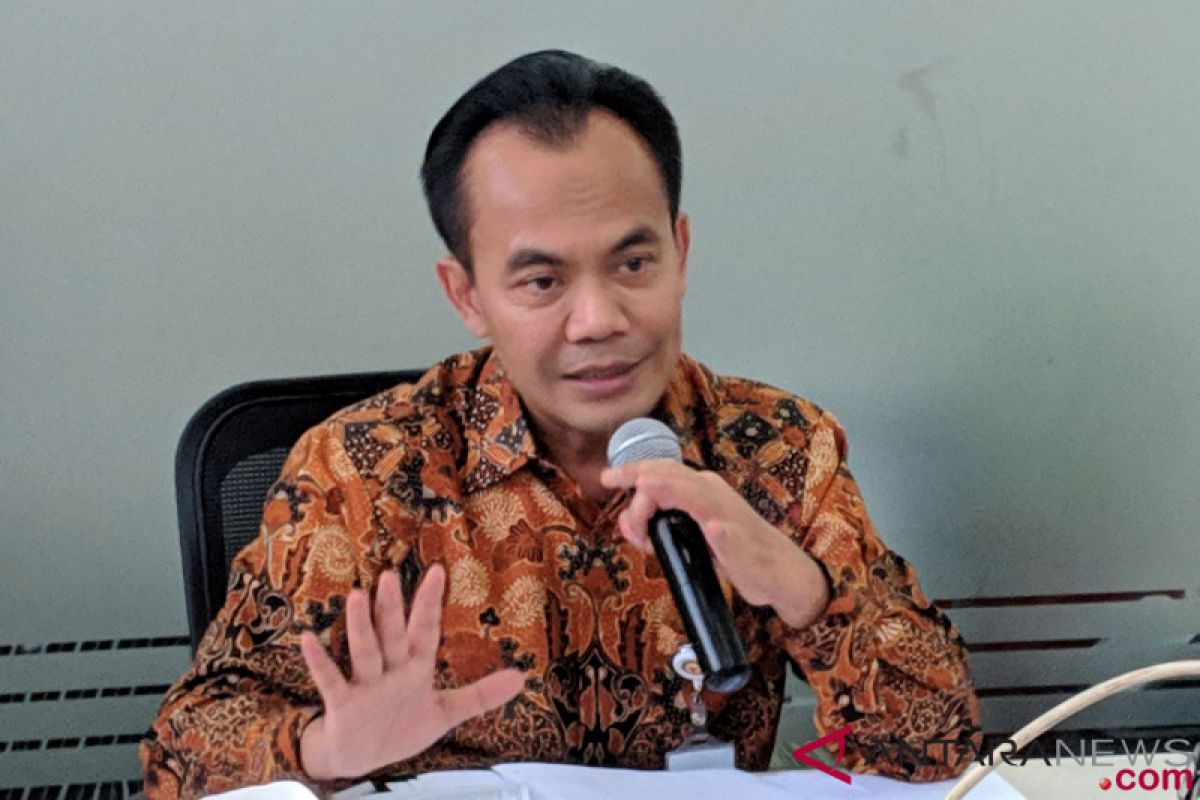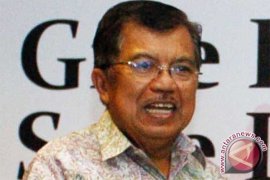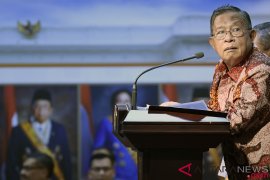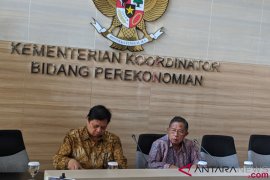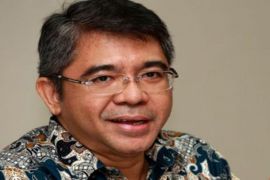"I say that it is not true that the small business sector is open to foreign investment," Darmin told reporters here on Monday
The the Investment Negative List (DNI) 2018 DNI is a list of business areas closed to foreign investment and new investment.
The protest and allegation came on wrong perception over four business areas which are appropriated for UMKM and cooperatives under the DNI of 2016.
The four business areas include tuber peeling and cleaning industry, cloth printing industry, knitting industry particularly embroidery and internet service outlets.
"It is impossible that foreign investment would operate in tuber peeling and cleaning industry and internet service outlets as a foreign investment company is required to start business with a capital of at least Rp10 billion. Those (businesses) are not Rp10-billion class venture," Darmin said.
Meanwhile, Secretary of the Coordinating Ministry for Economy Susiwijono said the four business areas are no longer included in the list of business areas closed to foreign investment, but it does not mean that they are no longer appropriated for UMKM and cooperatives.
Tuber peeling and cleaning industry and internet service outlets in particular are excluded from DNI that business in the two areas do not require license as required in UMKM and cooperative businesses.
"Now they are excluded from DNI to simplify the procedure. They no longer need business license that the access is open wide for people to the business," Susiwijono said.
Susiwijono guarantees that foreign investment would not operate in the two business areas over capital requirement.
The two other business areas - cloth printing industry and knitting industry especially embroidery are excluded from the DNI 2018 to give them different treatment hoping to attract more investment, he said.
Susiwijono said the products of the two business areas are important to support import substitution program and to reduce imports. So far demand for the products of the two industries has been higher than domestic production that imports are high.
"If the industries grow, certainly imports are not needed," he said. (AS/A/E002)
Reporting by Calvin Basuki
Editing Albert Saragih, Eliswan
Reporter: Antara
Editor: Andi Abdussalam
Copyright © ANTARA 2018
